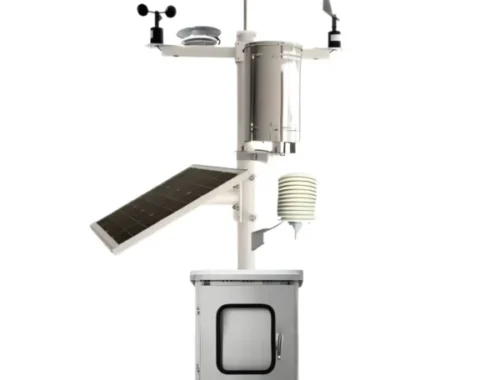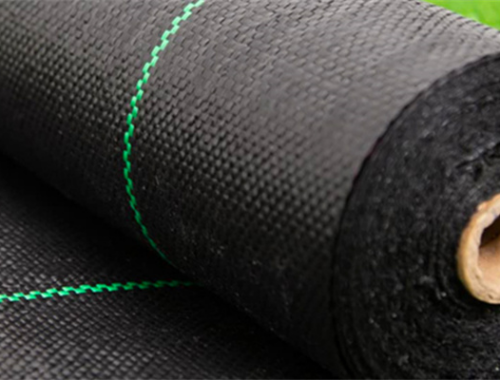11 Tips for Living in Tiny Spaces
When a trailer or van is your home, staying clean, organized, and clutter-free is paramount
I’ll never forget the first time my mother saw Artemis the Airstream. “Oh, it’s so…,” she paused, laboring for the right word, “…cute.” I could tell what she really meant was “small.”
The tiny house movement—and shows like Tiny House, Big Living and Tiny House Hunters—made the idea of living in a few hundred square feet fashionable. In the book Nomadland, which tracks the rising number of Americans living on the road, author Jessica Kirkland even describes a subset of itinerants who have downgraded from vans to sedans in the name of simplicity and cost savings.
But while tiny living may sound easy-breezy in theory, existing in less space than a typical walk-in closet can be a challenge, especially when you’re doing it with someone else. I can’t find any statistics on people who move into a tiny home, trailer, or van and then give it up within the first few months, but I bet the numbers are substantial. My wife, Jen, and I have relatives who bought a midsize RV for their retirement, then upgraded to a fifth wheel with about double the space in less than a year.
Jen and I have come to love the stripped-down existence of life in 200 square feet. But the transition wasn’t easy and, for two self-confessed neat freaks, making it work for us takes constant attention. Here are some things we’ve learned to ease the space crunch and make our space feel cute, not small.
Bring Less
The number one thing that drives us crazy is clutter, and the best way to preempt that is by having fewer possessions. When first setting out, stack up everything you think you need, then get rid of half. Then take out half again. Seriously. On the road, you rarely see the same people two days in a row and can therefore wear the same thing day after day. And it’s amazing how many great dishes you can cook with a grill and a single pot.
Adopt a Net-Zero Shopping Policy
Only buy something new if you’re willing to get rid of a similar, older item that you already own. This will keep your cubbies and drawers from overflowing, and it will also probably save you money. Once or twice, we’ve shipped things we absolutely couldn’t get rid of to our P.O. box in Santa Fe. But more often than not, castoffs simply go to the local Goodwill.
Designate a Place for Everything You Own
You know what’s more frustrating than not being able to find what you need? Not being able to find what you need in 200 square feet. To avoid exasperation, appoint a place for every item, and put it there every single time. For instance, my riding shoes live with all my cycling gear in the cabinet above my bed, and I never leave them by the door, outside, in the truck, or on the shoe shelf in the closet. That way, I always know where to find them without even thinking about it.
Invest in Organizers
Lots of them. We have Tupperware bins for almost everything: camping gear, bikepacking stuff, medicine, cleaning supplies, toiletries, and TP and paper towels. One closet is full of fold-down fabric shelves, the other has an accordion-style shoe organizer, and the kitchen utensil drawers are divided into boxes and canisters. A magnetic spice rack and knife rack are awesome space savers.
Always Clean Up
At home, we occasionally leave the dishes to do in the morning or pile up the laundry to fold later. That doesn’t work in tight quarters. If you don’t put everything away as soon as you’re done, it’ll likely get in the way of whatever you do next. As soon as breakfast is over, for instance, the kitchen table becomes my office desk. Tidying up keeps us sane.
Use All the Space, Outside and In
For the first few weeks we were in Artemis, Jen and I tried to share the kitchen table (35 by 24 inches) as our workspace, but we soon found it too distracting to stare down one another like that. Jen has since appropriated the bed as her office, complete with a lap desk. We also purchased our outdoor dining setup, both table and chair, so one of us could use it for work as well. When one of us has to take a call, we head for the truck, with its Bluetooth audio, so we don’t disturb the other’s environment.
Take Turns
Other than our queen-size bed, spaces in the Airstream are generally built for one. So, while we cook together at home, in Artemis one of us makes dinner and the other washes dishes. At shower time, we cede the entire bathroom to whoever is getting cleaned up. And when getting ready to go out for the day, we take turns gearing up while the other waits outside. It’s way better than climbing over each other trying to do it at the same time.
Keep Guests to a Minimum
The witty trailering adage “cocktails for six, dinner for four, sleeping for two” is pretty good advice. The first time my brother came out to hunt with us, we told him he could stay in the trailer, which involves building the kitchen table into a bed every night and deconstructing it every morning, not to mention trying to find a place for the bedding. After one night, we all agreed a tent outside would be simpler. Host visitors outside whenever possible, and if camping with friends, limit their stay to no more than a few days if you want to remain friends.
Plan Ahead
Jen and I keep very different schedules: I read and work late at night and wake up early; she likes to sleep in. That’s easy in a house with more than one room; not so much when a single switch casts light throughout the entire living space. When I know I’ll be getting up before sunrise, I prep my coffee in advance on the grill outside and set up my computer in the truck so I can work without waking her. For late nights, a tiny red headlamp goes a long way toward preserving the peace.
Do Your Own Thing
Unlike at home, where you have lots of away time from your partner, life on the road can turn into being together 24/7. Jen and I book time apart as a counterbalance. In towns where there are diversions like museums or friends, we deliberately make schedules to see and do things separately, even if they are things we both want to do. And we’ll often alternate our exercise schedules or pick separate loops to ride in the evening.
Be Thoughtful
Even with all the space-saving considerations and structure, it’s easy to get on one another’s nerves when you’re together full-time. Considerate gestures can go a long way toward easing possible tensions. If your partner has pet peeves (Jen hates when I leave shoes in front of the door), respect them. And think about making your partner feel good. Every once in a while, Jen returns from errands in town with a bottle of my favorite kombucha, and sometimes I bring back flowers. In a tight space, where every action is amplified, it’s best to boost the positive vibes.
You May Also Like

Block Breaker: The Ultimate Guide to Mastering the Game
March 22, 2025
Automatic Weather Station: Real-Time Environmental Monitoring and Data Collection
March 14, 2025